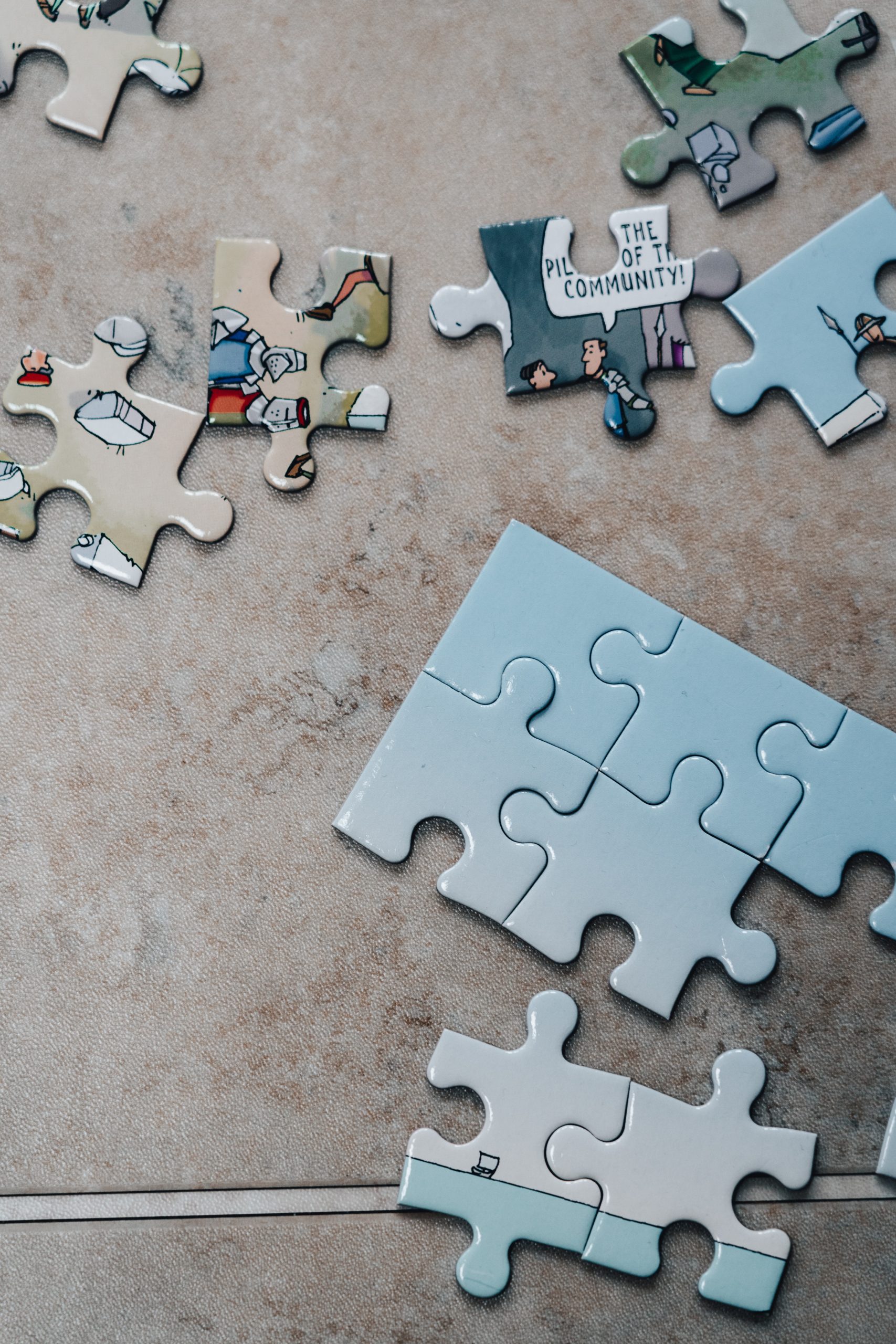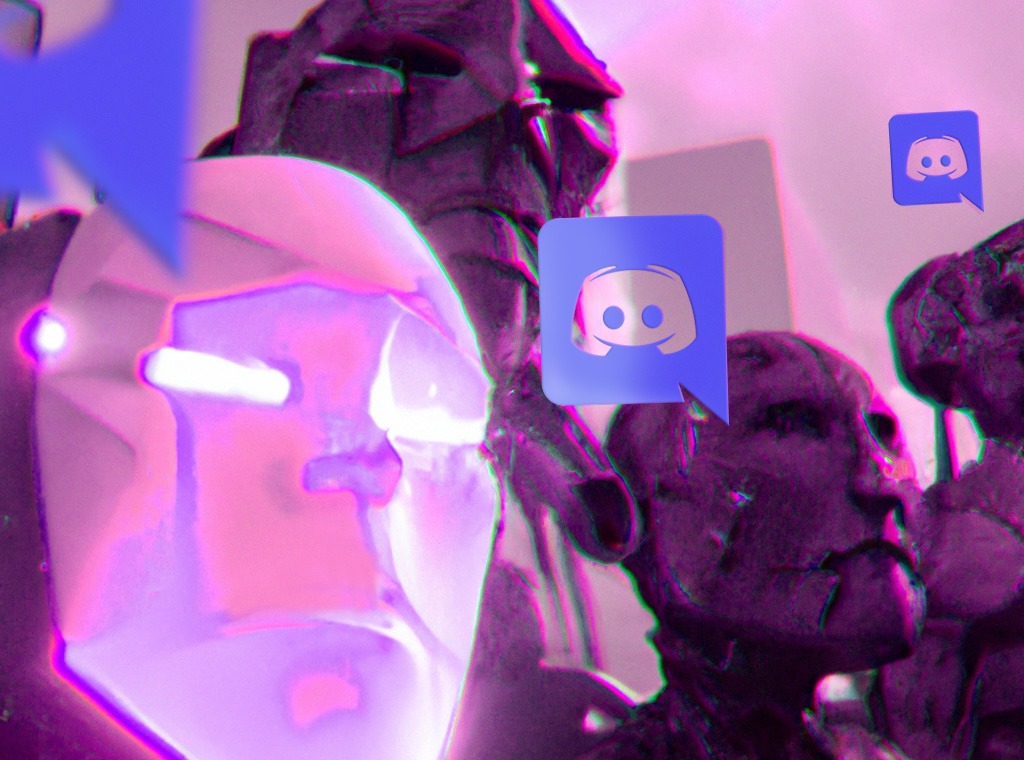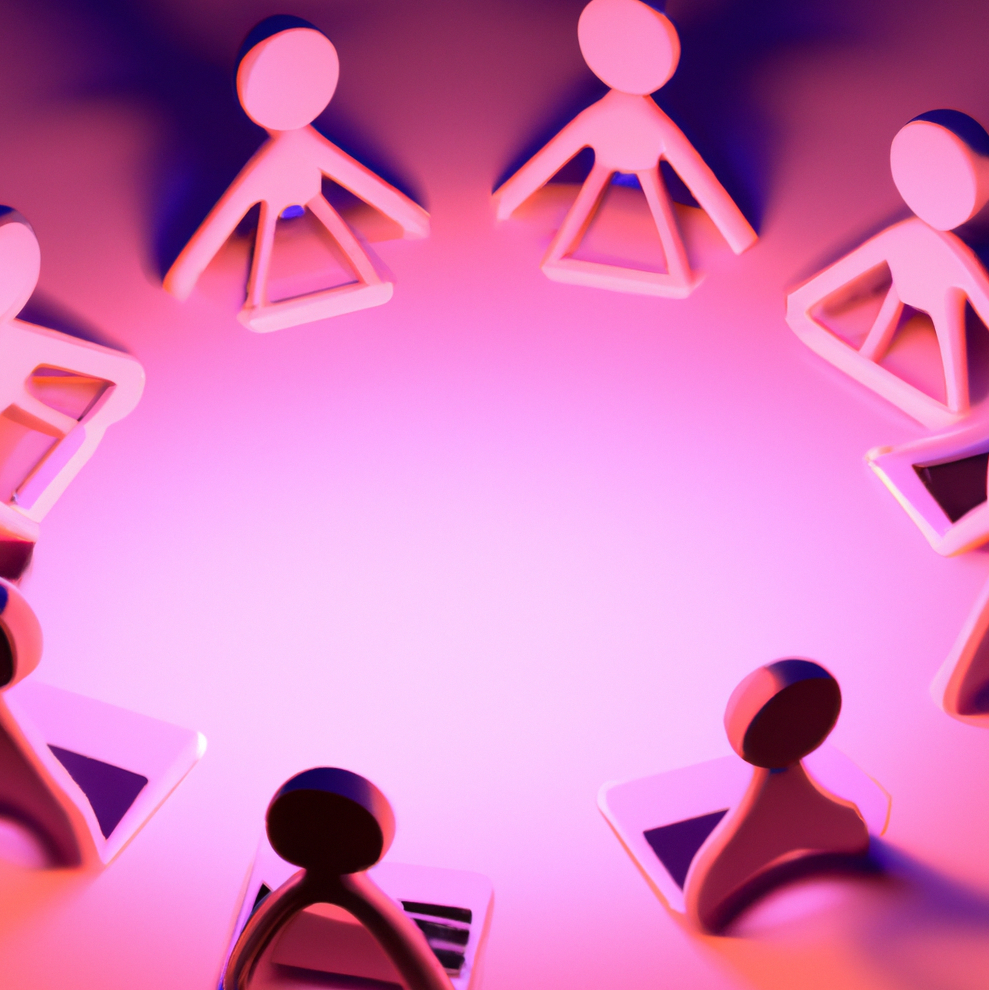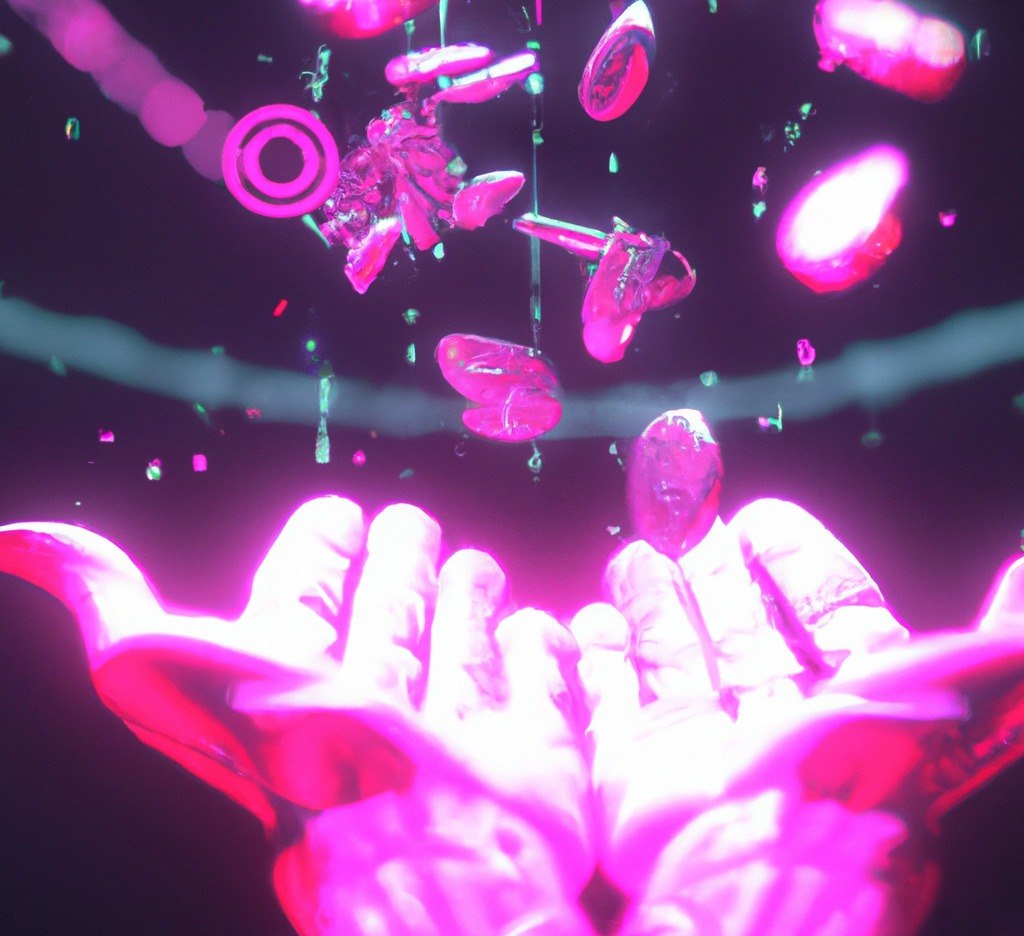DAO Tokens: The Ultimate Guide to Token Benefits, Types & More
Crypto and the blockchain have brought many opportunities. DAOs (Decentralized Autonomous Organization), have proven to be one of the most innovative uses of blockchain technology.
Through DAO tokens, communities can authenticate membership, set up member-only investments, and create micro-funds. Interested in learning more about these blockchain-powered communities and the tokens that drive them? This is what you need to know.
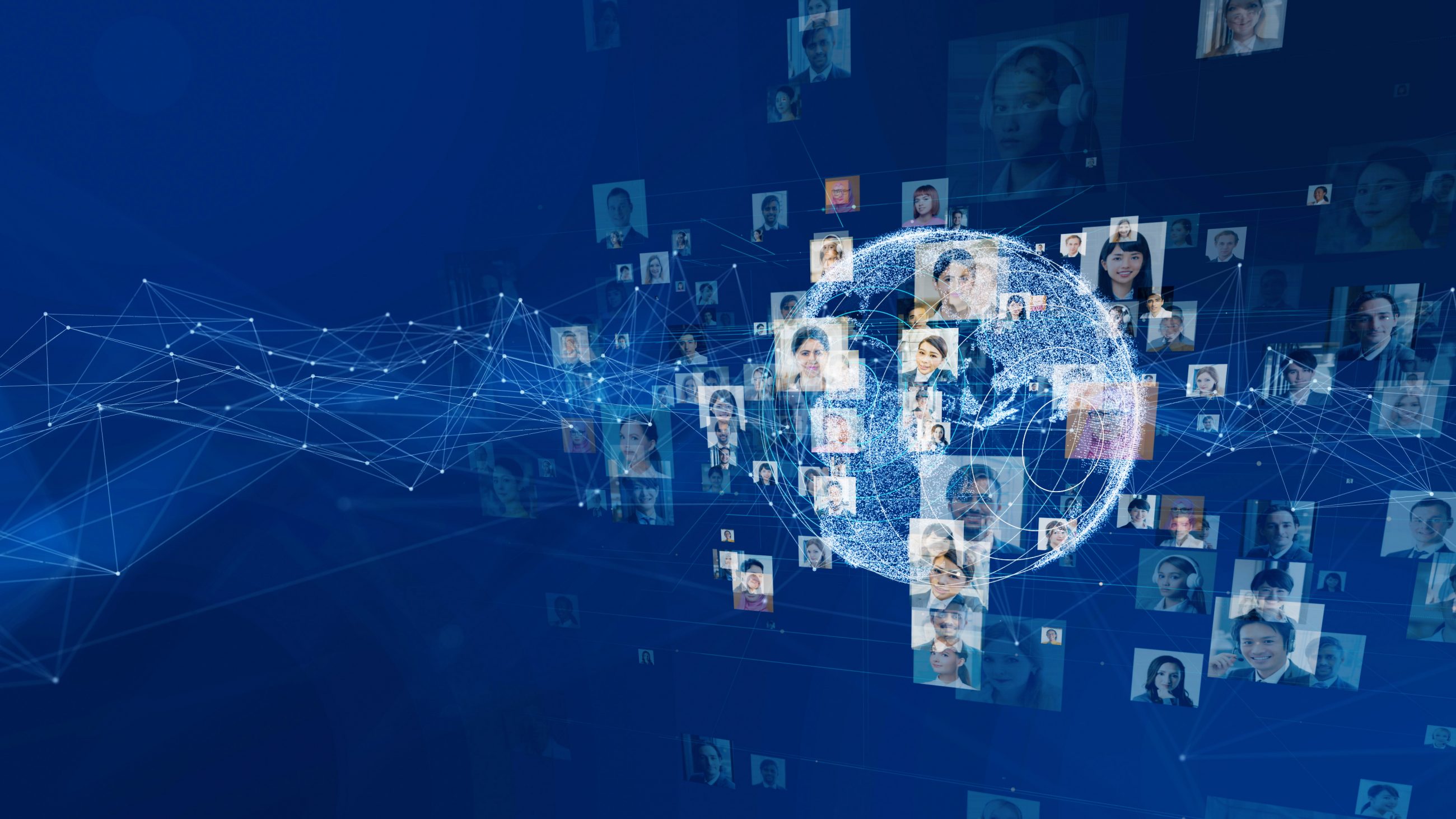
What is a DAO and how does it work?
DAO stands for “decentralized autonomous organization.” Essentially, it is a bottom-up community where people agree to follow certain rules to achieve common goals. In addition, a DAO is an emerging form of blockchain-powered legal structure without a central authority, where members all have a say in managing and deciding things for the community.
DAOs include smart contracts to ensure that certain actions have consistent results. For example, if someone violates the DAO rules, they always get banned from the DAO. Therefore, the underlying smart contracts of the DAO ensure that each member follows the rule. It is important to note that once the DAO code is placed on the blockchain, the original creators of the DAO no longer have absolute control over it. This is what makes it decentralised.
Individuals can join DAOs in different ways, but often by purchasing a DAO token. They typically have an internal repository of digital currencies, which members can access only after approval from the rest of the members, usually through voting. Members submit proposals that are then voted upon and approved or rejected.
How do DAO tokens work?
There are different types of DAO tokens, and each category has a different function within the DAO. Here are the three main categories of DAO tokens.
Governance tokens: These tokens represent voting power within a decentralized autonomous organization. They are crucial in maintaining decentralisation and power distribution. With these tokens, DAO members can vote for or against proposed projects. Thanks to governance tokens, DAO members can vote on UI changes, changes in reward distribution, who becomes a board member, and more. Additionally, governance tokens give decentralized autonomous organization members the power to modify smart contracts.
Crypto tokens: Crypto tokens are special virtual currency tokens that, unlike NFTs, are fungible and traded. Certain DAOs create their own crypto tokens – or virtual currencies – that are circulated within the DAO and facilitate transactions. In most cases, they can be exchanged for fiat currencies such as dollars, euro, and so on.
Utility tokens: Utility tokens typically allow users to perform a certain action within a network. They are not mineable cryptocurrencies. Instead, they are distributed as set out by the decentralized autonomous organization or the project creators.
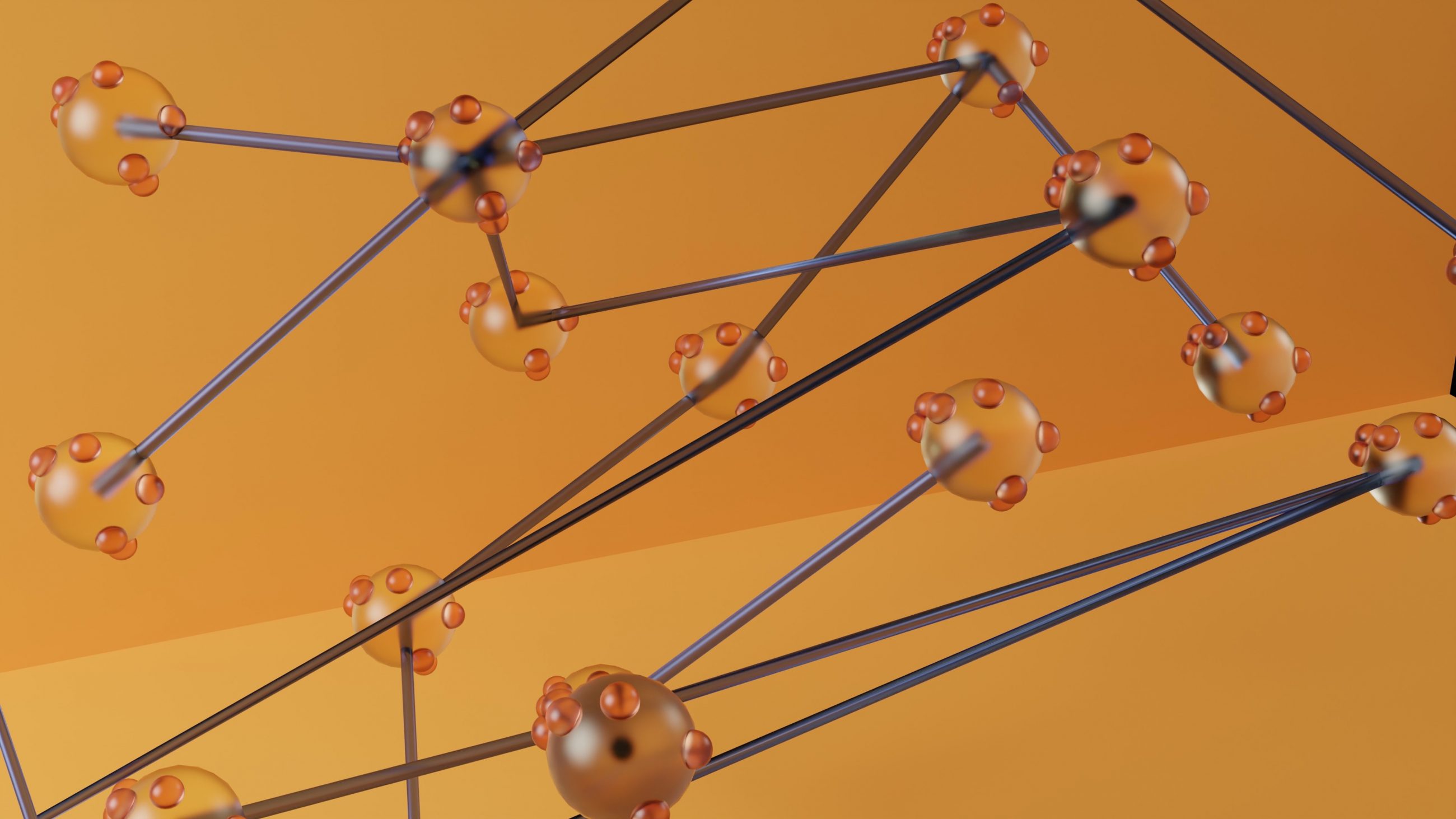
Why should I join a DAO?
DAOs have several advantages over Web2 groups. Decentralisation is an attractive proposition for a lot of people because it empowers everyone to have a say. Instead of relying on a select group of people, each and every person within a group can contribute to shaping the direction of a project.
Therefore, DAOs empower members and encourage them to use their tokens in the best possible way for the good of the decentralized autonomous organization. In addition, everyone can view the votes cast on the blockchain. Therefore, all decisions can be publicly held accountable, preventing corruption and the involvement of bad actors.
DAOs are also appealing because they promote the idea of community. Using only an Internet connection, individuals from all over the world can connect and build something meaningful together. Therefore, DAOs enable members to connect, network, befriend like-minded people, and feel part of a community.
What are some examples of DAOs with their own DAO token?
Decentraland DAO
The Decentraland DAO is the organisation underpinning Decentraland. The community issues grants, controls LAND and Estate contracts, and helps grow the Decentraland platform through voting. Decentraland and its DAO has two tokens. These are LAND – an NFT that defines ownership of parcels of digital real estate, and MANA – a crypto token that allows Decentraland users to buy goods.
Friends With Benefits
Friends With Benefits is home to many subcultures. It is a growing social DAO with more than 3,000 members, including artists, thinkers, developers, and crypto enthusiasts. Friends With Benefits’ DAO token, $FWB, is held by all members and can be purchased in any amount by anyone. However, only official DAO members receive $FWB for participating in the community.
BeetsDAO
BeetsDAO is a collective that empowers creators to experiment with Web3 constructs. At its core, it funds and incubates innovative Web3 projects in arts, music, sports, as well as DAO design. The community is the largest holder of EulerBeats Enigma NFTs, which are ultra-scarce, algorithmically generated audio and art NFTs.
PleasrDAO
PleasrDAO is a community of digital artists, DeFi leaders, and collectors known for collecting digital art that represents and funds important ideas, movements, and causes. The DAO token signifies ownership. Therefore, members who own DAO tokens also own a fraction of the PleasrDAO assets and can participate in DAO governance.
MODA DAO
The popular Web3 music decentralized autonomous organization, MODA DAO, also has its own token. The $MODA token represents DAO membership. It also enables members to participate in governing MODA DAO, interact with Web3 music technology, support artists and songs, apply for grants and generate income.



